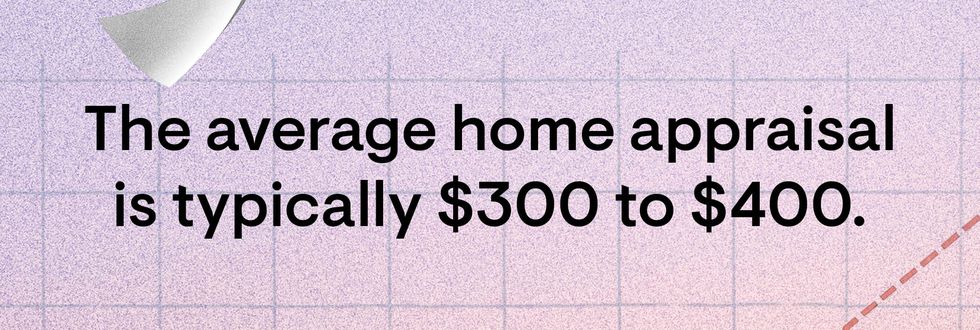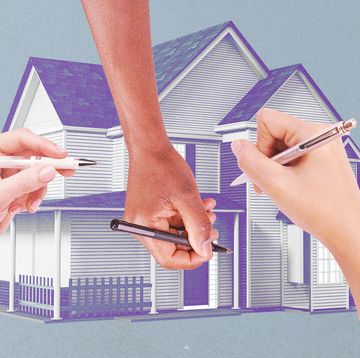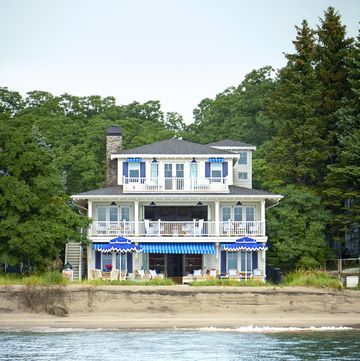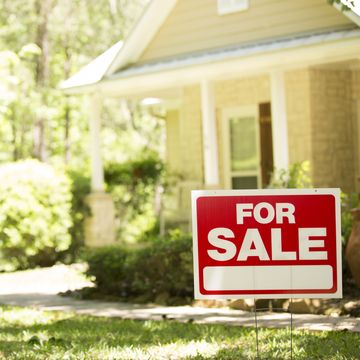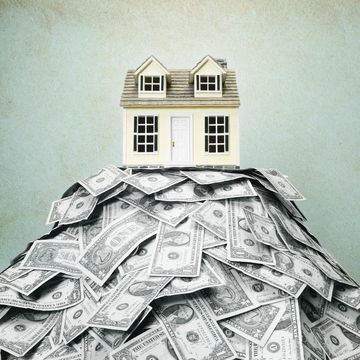The scenario: A home is listed for $450,000. But it’s a flaming hot seller’s market, inventory is low, and properties are getting snapped up almost as soon as the “For Sale” signs go up. You, the buyer, get into a bidding war and come out victorious (whoo-hoo!). However, now you’re paying $475,000 for the place, which is $25,000 over the list price. Is the home actually worth that much?
Enter an appraiser, whose job is to determine the home’s fair market value—and do so independent of the seller’s list price and the buyer’s hunch of what the home is worth. The appraisal process involves an on-site inspection and a good hard look at comparables, or “comps,” which show the recent selling price of similar homes in the area.
“In a fast market, like the one we are seeing now, it is more important than ever to be aware of the appraisal process,” says Julie Busby, a Chicago broker with Compass. “In a nutshell, banks hire appraisers to tell them that the value of a property matches what the buyer is willing to pay.”
In other words, the lender wants to make sure the loan they’re extending to you is justified by the value of the home so, should you stop making payments, they could recoup the value of the property.
An appraisal can help protect buyers, too, says Holden Lewis, a home and mortgage expert with NerdWallet, because the certified appraiser might find issues that weren’t brought to your attention when you were touring the home. An example: Let’s say you’re buying a home that’s a couple blocks from a garbage dump and the wind was blowing away from the dump when you walked through the home. An appraiser whose familiar with the area would know that this occasional stink lowers neighborhood property values and could factor that into the appraisal, Lewis explains.
Worth noting is that while the lender will select an appraiser to evaluate the home’s value, the actual appraisal fee is one that buyers cover as part of closing costs. The average home appraisal is typically $300 to $400, Lewis says, but it can start at $600 in some metropolitan areas, and can exceed $1,000 for more complex properties.
A sticking point in today’s market is the fact that housing prices are rising quickly in some neighborhoods, and appraisers might not be fully factoring that in, Lewis says.
So, what happens if the appraisal comes in lower than what you were willing to pay for the home? One way to avoid this issue in the first place is to avoid bidding far above the asking price or check recent sales in the area to make sure your offer price is in line, says Caroline McCarthy, VP at Own Up, a mortgage marketplace site.
Your real estate agent, the captain of your home buying team, can help you navigate this scenario, which could involve canceling the transaction or challenging the appraisal. One option is re-negotiating with the seller, Lewis says. Another option is for the buyer to come to the closing table with enough money to close the gap between the appraised value and the contract price, Busby says. Or, in some instances the buyer and seller might meet in the middle.
Of course, homes can also appraise for more than the selling price. In that case, you’ve got “instant equity,” says Nicole Wilhelm, a realtor in the San Francisco Bay Area. Don't sweat this step in the process too much, however: “More commonly than not, homes will appraise for the purchase price,” Wilhelm says.
Ready for the next step? Here are the biggest cities with the highest-value homes.
Follow House Beautiful on Instagram.

